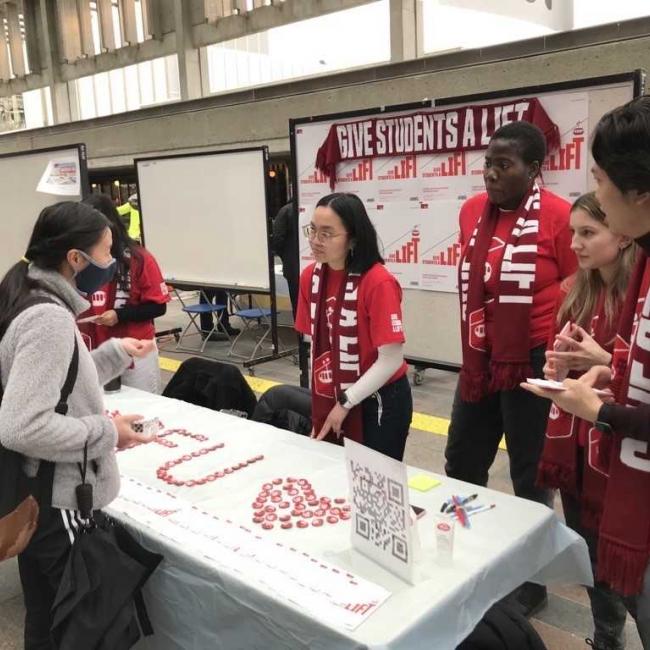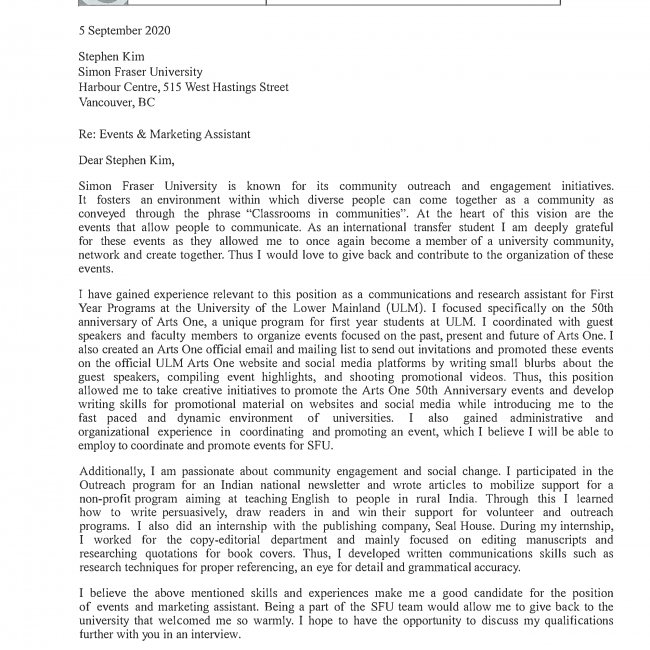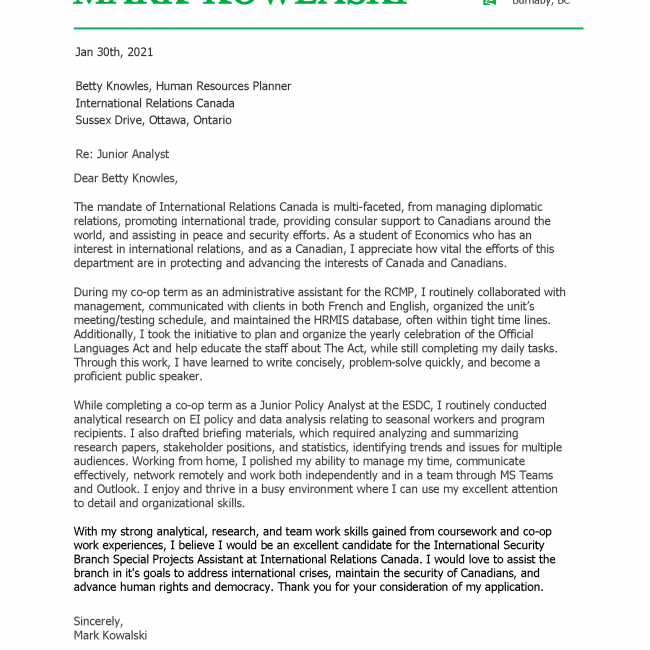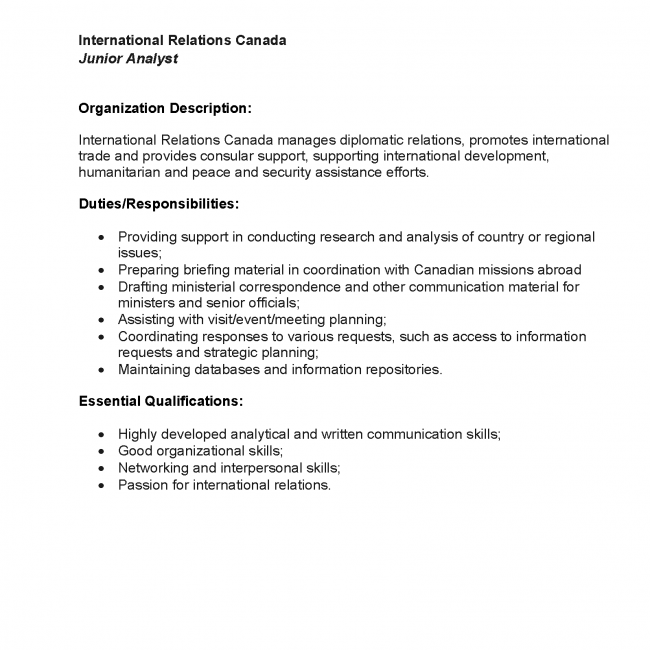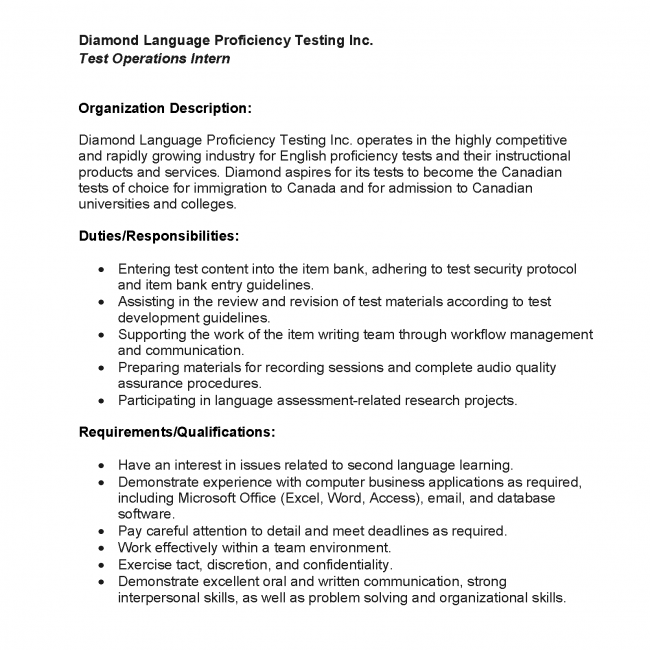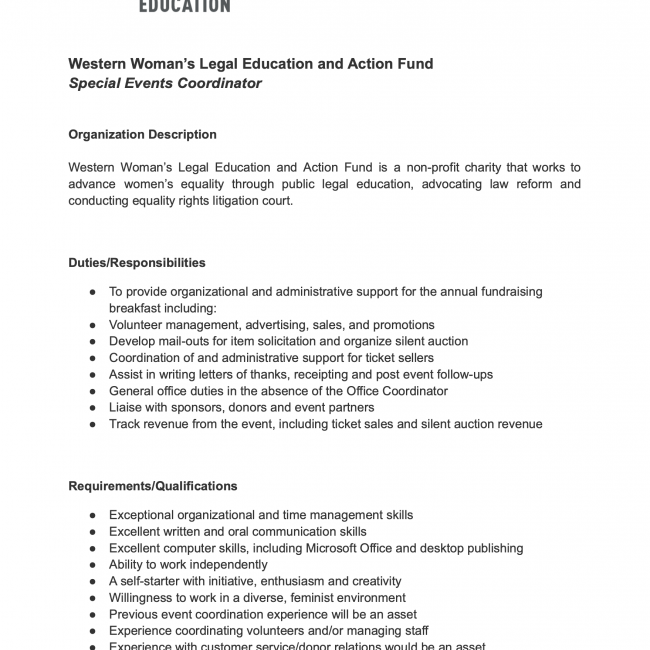
What comes to mind when you hear someone say, “I work for the federal government”? Let’s be honest, if you have never had a job in this sector, those words may sound intimidating, intense, and kind of complex. The reality of the situation is that when students look for work through co-op they are searching for unique and fun experiences that relate to their field of study. However, not many turn to the federal government for those opportunities because there are quite a few misconceptions about what kind of jobs there are in this field and what kind of benefits they can bring. As someone who spent all three co-op terms in a federal government position, I am here today to break down some common myths about jobs in this sector and hopefully give you a new outlook on what it’s like working for big government organizations. The myths that I am going to talk about today come from fears that I once had as well as those of my friends and co-workers who now happily find themselves employed by the federal government of Canada.
This is a concern many students have about full-time jobs in general and it often deters them from applying to these positions because they feel as though their social life will disappear if they get a full-time job. The truth is, I think that having a full-time job and maintaining a social life is much easier than doing so while taking full-time classes. Many federal government positions offer flexible hours and even allow early days at the end of the workweek. Moreover, while there are positions that adhere to a 9-5 Monday through Friday schedule, I got the chance to work shift work which consisted of working 4 days and then having 4 days off. This flexible schedule allowed me to do many things outside of work, and I found that during my most recent term, I was able to put aside a significant amount of time for my hobbies and interests. Finally, in many cases, management will be understanding if you need to take time off for special occasions, and may be willing to work with you to figure out a schedule that you can manage. While a job is a serious time commitment, working for the federal government and maintaining a social life is not something you need to actively worry about.
The fear of not having the right qualifications rationally stems from the fact that almost all federal government jobs have very professional and sophisticated job descriptions that go into detail about various aspects of the job which the student may not be familiar with, leading them down a logical spiral of assumptions that they aren’t good enough for this position. Well, if I have learned anything in my time with the federal government it is that there are no “right” qualifications, or a “right” degree that one must possess to get a job in this sector. The truth is that what most of these jobs require are the unspoken skills that most of you have already developed throughout your time in university. Let me give you some examples, something that is highly valued in my job is communication, the ability to meet deadlines and work in a fast-paced environment as well as being a team player and knowing when to ask for help. Now, this may seem like a lot, but if you break these skills down one by one, you’ll soon realize that you have experience in all of them due to your responsibilities in university. Even though some positions will have preferences for certain degrees and skills, the big picture here is that anyone can attain a position in the federal government sector as long as they are willing to learn new skills, adapt to a dynamic work environment, and be willing to make improvements based on feedback.
While in many cases students and interns are paid minimum wage, the federal government provides a much higher level of compensation for students that is very competitive and potentially one of the highest offered by any organization that hosts co-op employment opportunities. This is because all federal-level organizations abide by the guidelines set out by the Treasury Board of Canada for student pay rates. In my first co-op term, I received a starting wage of 18.91$/hour, and as you gain experience this wage goes up. To see the current wage scale, have a look here. With that being said, I would not recommend choosing a job simply based on the wage that it offers. It is important to have some interest in the type of work that you are doing because this will greatly affect the likelihood of getting a job and what kind of experience you are going to have throughout your co-op term.
This was my biggest fear, and it was something that bothered me about getting a federal government job because there is no denying that for the most part, these will be desk jobs. However, there are lots of opportunities to get out from behind your desk and stay active even while you are at work. For example, the building that I worked in had a complimentary gym, exercise room, and even a full-sized basketball court! I would often use my breaks to go work out or play basketball with my friends from other units in my building. Being active on my breaks helped me get through the day and left me feeling energetic and refreshed once I returned to my desk. Even though a great part of my job required me to use a computer and be in an office environment, the time I spent in the gym or on the court has motivated me to live a more active lifestyle and led to friendships outside of work that keep me active and healthy.
This is one of the less common myths, but many people do have genuine concerns about workplace accessibility because not everyone drives, and many people may be deterred from applying to a job that would require a long public transit commute. While my aim in this article is to debunk myths about the federal government, this specific one may be true under certain circumstances. Specifically, if you are a shift worker who works 11–12-hour days, in some cases your workdays will end during times when transit is either not running regularly or it may be very late at night, during which time, walking to a bus stop alone is not the most comfortable experience. In these specific situations, having a car is a great benefit and makes the travel time a lot easier, safer and shorter. However, under most circumstances, federal government buildings are located near bus stops, train stations and many have designated waiting areas for cabs or Uber/Lift drivers. In fact, a few people in my unit rely solely on public transit and the occasional Uber to get to and from work daily. Moreover, the federal government has countless branches and organizations all over BC and Canada so finding a place to work nearby may prove to be a lot easier than with most other jobs.











